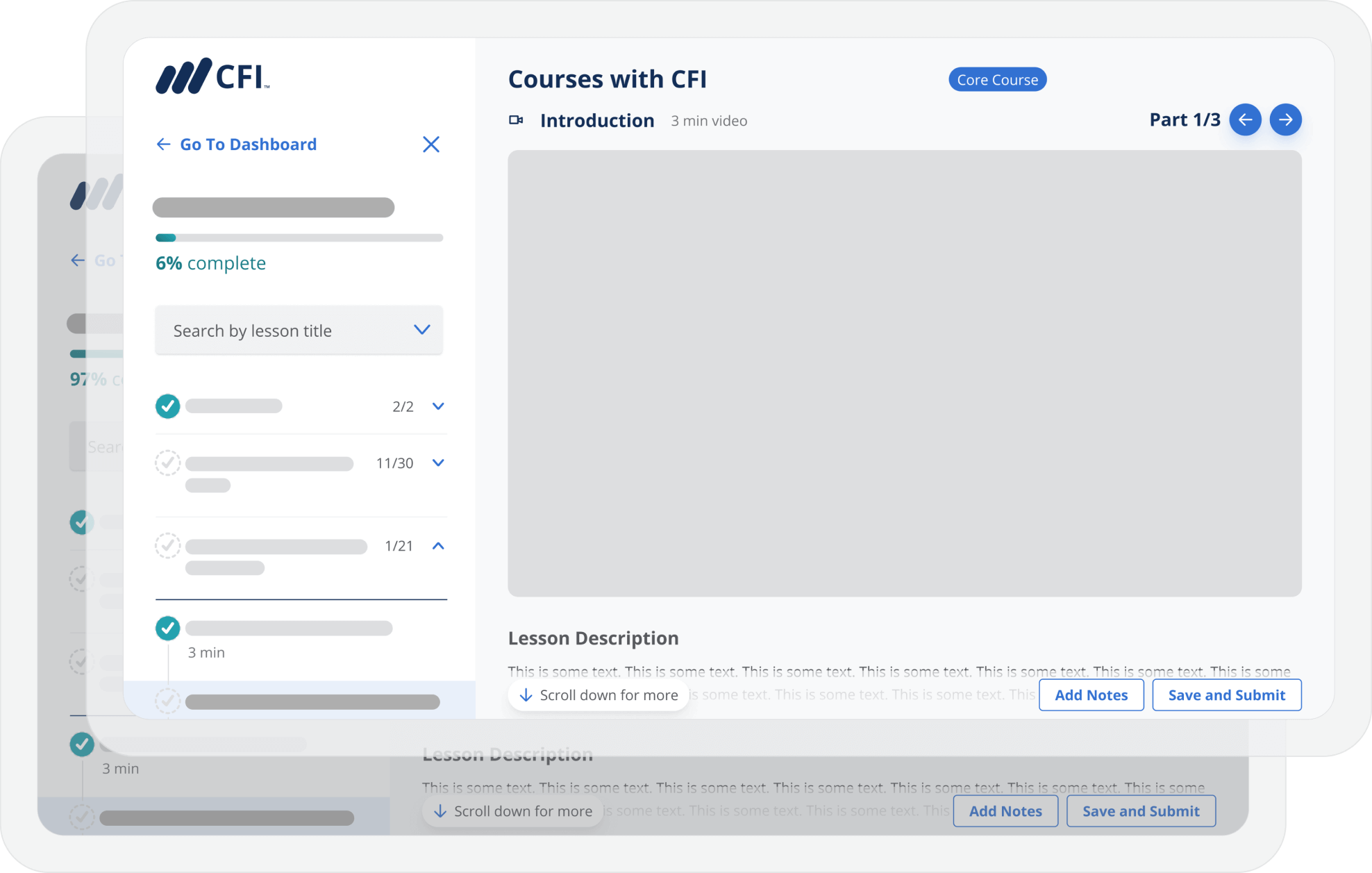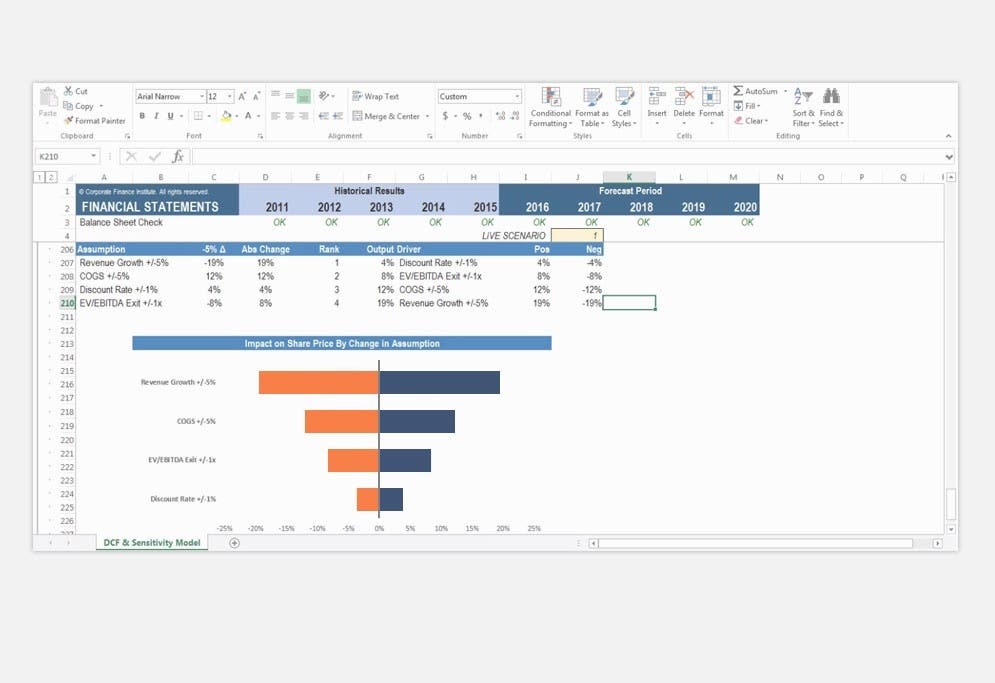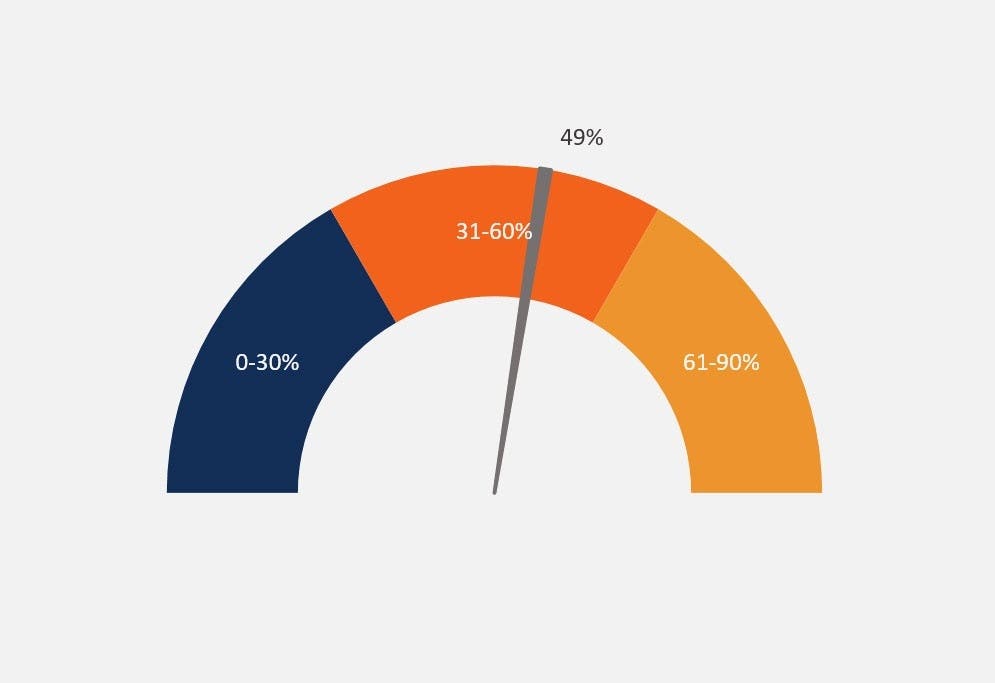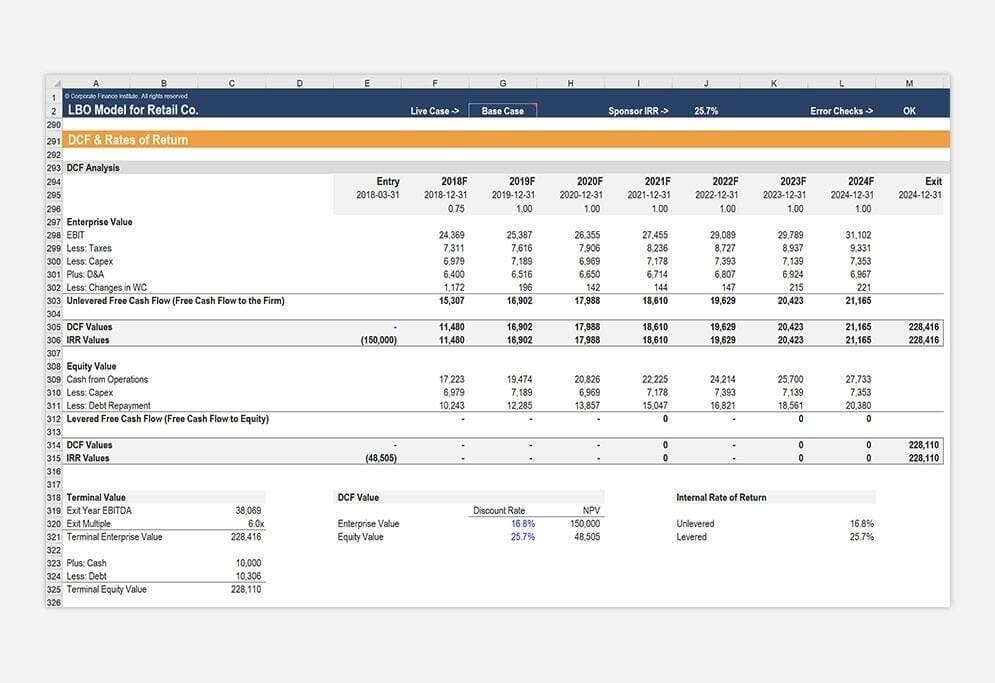Learn Accounting:
Online Courses & Resources
How to Learn Accounting with CFI
13 courses
Consisting of over 770+ lessons
70+ interactive exercises
Learn by doing with guided simulations
Expert instructors
Learn from the very best
New courses monthly
On need-to-know subject matter
Blockchain certificate
To verify your skills
500,000+ 5-star ratings
Best-in-class training, as rated by you
Find the right accounting course
Top accounting courses
Browse all coursesWhy Learn Accounting with CFI?
CFI is a leading provider of online financial analyst certification programs and courses. Each course and program is designed with the aid of professional Wall Street trainers with experience training new hires at global investment banks for decades.
Using a combination of theory, application, and intuition to enhance learning and retention. The self-paced programs are available anytime, anywhere, and leverage proprietary technology, leading instructors, and creative designers.
With our accounting courses, you can learn how to:
Who should take accounting courses online?
Investment professionals
Management consultants
Financial analysts
Registered Provider: National Association of State Boards of Accountancy
All accounting courses are accredited by the Better Business Bureau (BBB), CPA Institutions in Canada, and the National Association of State Boards of Accountancy (NASBA) in the US. Most courses qualify for verified CPE credits for CPA charter holders.
Courses include video lessons, quizzes, and final assessments.









